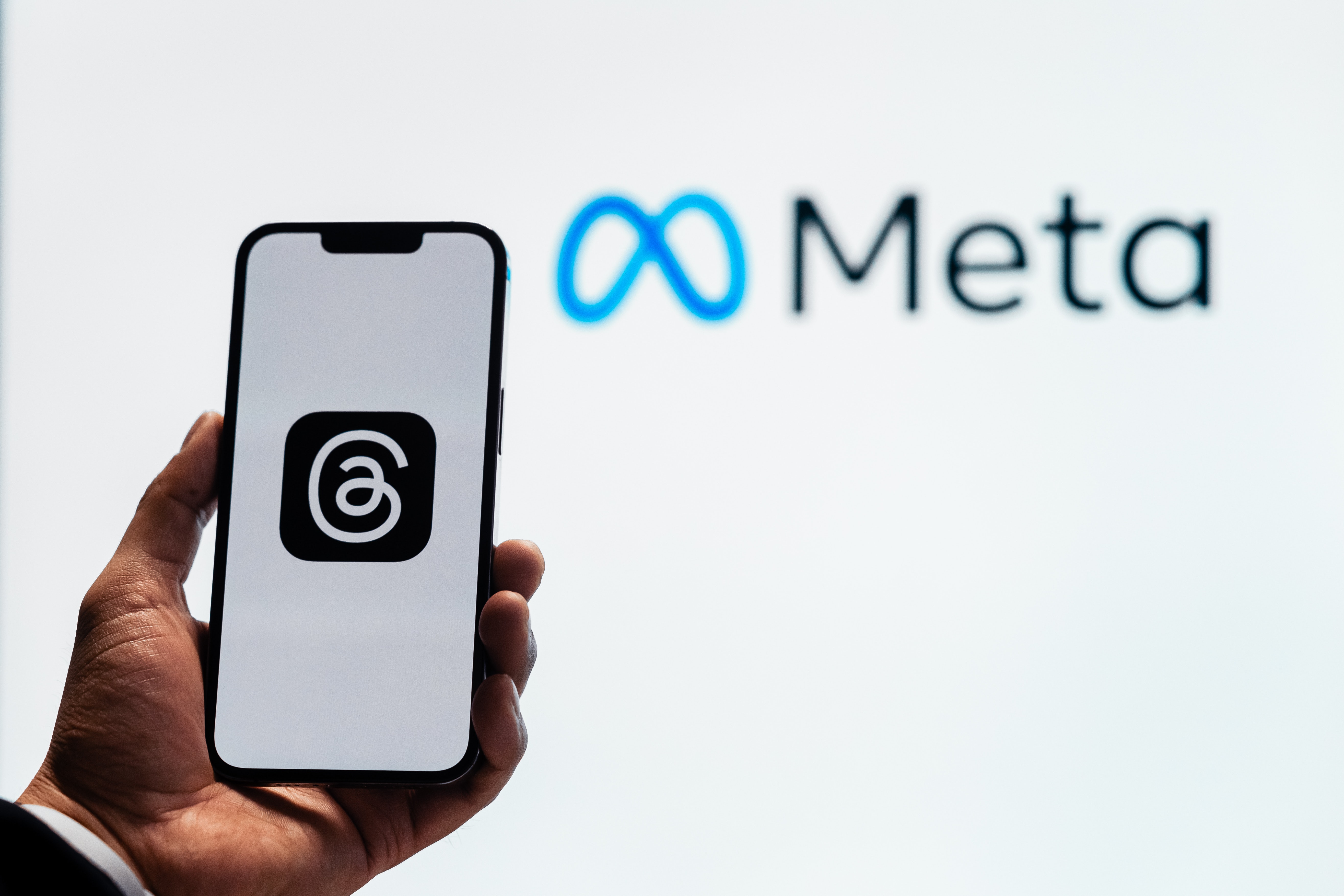




Account Handling
We manage social media accounts like:
FACE BOOK.
INSTAGRAM.
X (ex twitter).
THREADS.
LINKEDIN.
YOUTUBE.
WHATSAPP. etc.
We respect your privacy and promise you to keep your data secure, have trust on ONEIMAX.
Social media account handling refers to the management and administration of social media accounts on various platforms, such as Facebook, X, Instagram, LinkedIn, and more. It involves creating, optimizing, and maintaining accounts to establish a strong online presence for individuals, businesses, organizations, or brands. The primary goal of social media account handling is to engage with the target audience, build brand awareness, promote products or services, and foster a positive online reputation.
In today’s digital age, social media has become an integral part of our lives, with billions of users actively participating in various platforms. It has transformed the way we communicate, share information, and interact with one another. Consequently, social media has also become a powerful marketing tool, enabling businesses to reach their target audience more effectively and efficiently.
To effectively handle social media accounts, a well-defined strategy is crucial. This strategy involves understanding the target audience, setting clear objectives, and developing a consistent brand voice and tone. Here are some key aspects of social media account handling:
Account Setup: The first step in social media account handling is creating and setting up accounts on relevant platforms. This includes choosing a unique username, profile picture, cover photo, and writing a compelling bio. The account setup should align with the brand identity and reflect its values.

Fill this form





Content Creation: Creating engaging and valuable content is essential to attract and retain followers. The content should be tailored to the target audience, incorporating various formats such as text, images, videos, and infographics. It should be informative, entertaining, and shareable to encourage audience interaction and amplify brand reach.
Content Calendar and Scheduling: A content calendar helps in planning and organizing content creation and distribution. It ensures a consistent posting schedule and allows for timely alignment with relevant events, holidays, or campaigns. Scheduling tools can be utilized to automate the posting process and ensure regular updates.
Audience Engagement: Social media is a two-way communication channel, and engaging with the audience is vital for building strong relationships. This involves responding to comments, messages, and mentions promptly. Acknowledging and appreciating user-generated content, running contests or polls, and initiating conversations contribute to a vibrant and interactive online community.
Social Listening and Monitoring: Monitoring social media platforms for mentions, reviews, and discussions related to the brand is crucial for maintaining an online reputation. By actively listening to the audience, account handlers can gain insights into their preferences, concerns, and feedback. This information can be used to improve products, services, or customer experience.
Influencer Marketing: Collaborating with influencers or industry experts can help expand the brand’s reach and credibility. Identifying relevant influencers, building relationships, and managing influencer campaigns are key responsibilities in social media account handling. This involves negotiating partnerships, coordinating content creation, and measuring the campaign’s impact.

Analytics and Reporting: Social media platforms provide detailed analytics and reporting features that offer valuable insights into the performance of the accounts. Account handlers need to analyze the data, track key metrics such as engagement rates, reach, and conversion rates. This information helps in evaluating the effectiveness of strategies and making data-driven decisions for future optimizations.
Crisis Management: Social media account handlers should be prepared to handle crises or negative feedback that may arise. This involves developing a crisis management plan, responding quickly and empathetically, and resolving issues transparently. Effective crisis management can prevent reputational damage and foster trust and loyalty among the audience.
Platform Updates and Trends: Social media platforms continuously evolve, introducing new features, algorithms, and trends. Staying updated with these changes is crucial for effective account handling. Account handlers need to adapt to the latest trends, experiment with new features, and optimize strategies accordingly.
Paid Advertising: Social media platforms provide advertising options to reach a wider audience and boost brand visibility. Account handlers may utilize paid advertising campaigns to complement organic content strategies. This involves setting up targeted campaigns, monitoring performance, and optimizing ads for maximum results.


In conclusion, social media account handling encompasses various activities aimed at managing and optimizing social media accounts to achieve specific objectives. It requires a strategic approach, consistent content creation, audience engagement, monitoring, and analysis. By effectively handling social media accounts, individuals, businesses, and brands can leverage the power of social media to connect with their target audience, build brand awareness, and drive meaningful engagement.



